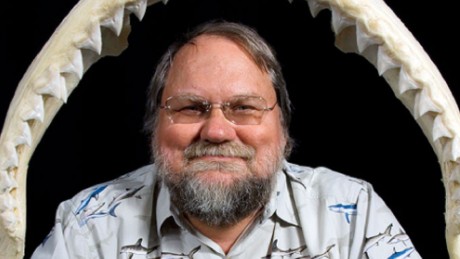The following article was found by Vse.Normalno in a text book for English teaching. Enjoy it!
As you read each cuestion, try to imagine yourself in each situation. Think of how you would react and then choose A) or B). Be honest!
As you read each cuestion, try to imagine yourself in each situation. Think of how you would react and then choose A) or B). Be honest!
1. You bought a book, but you left it on the bus on the way home. Do you think you will get it back?
A) Yes, probably - I'll call the bus station.
B) Not very likely. - someone probably took it.
2. You want to buy a shirt/dress that you've seen in a shop. You find they've just sold the last ond. Do you think:
A) Oh well, I can probably find something similar.
B) Why am I always so unlucky?
3. You get an "A" in an exam. Do you think:
A) Wow! I'm really good
B) I was lucky with the questions.
4. You're crossing the road. A driver gets annoyed and shouts at you. Do you think:
A) He/She must be having a difficult day.
B) People are so rude!
5. You're trying to figure out a problem with your computer. Do you think:
A) There must be some simple solution to this.
B) I just don't understand computers. I give up!
6. You start a new fitness programme and you're really tired the next day. Do you think:
A) Wow, I worked hard yesterday - it'll be easier next time.
B) Wow, I must be really unfit!
7. A friend you haven't seen for months says "You're looking good". Do you thik:
A) Yes, he's right. Nice of him to notice.
B) Does he really mean it or is he just being nice?
Did you have mostly A) or mostly B) answers?
In case you've chosen A) answers the most, you are an optimist.

But if you've chosen B) answers the most, you've got a pessimist attitude. Don' t you think it's time to change your points of view? Let's see why...
This certainty that our future is bound to be better than our past and present is known as the "Optimism Bias" and researches have found that is common to people all over the world and of all ages. Of course, the Optimism Bias can lead us to make some very bad decisions. Often, people don't take out travel insurance because they're sure everything will be all right, they don't worry about saving up for old age because the future looks fine, or they smoke cigarretes in spite of the health warnings on the packet encajar they believe 'it won't happen to me'. Or on a global scale,we carry on polutting the planet, because we're sure that we'll find a way to clean it up some day in the future.
OPTIMISM IS GOOD FOR YOU
But researches believe that the Optimism Bias is actually good for us. People who expect the best are generally likely to be ambitious and adventurous, whereas people who expect the worst are likely to be more cautious, so optimism actually helps to make us successful. Optimists are also healthier because they feel less stress - they can relax because they think that everything is going to be just fine. Not only that, but the Optimism Bias may also have played an important part in ou evolution as human beings. Because we hoped for the best, we were prepared to take risks such as hunting down dangerous animals and travelling across the sea to find new places to live and this is why we became so successful as a species.
Even if our optimism is unrealistic and leads us to take risks, without it we might all still be living in caves, too afraid to go outside and explore the world in case we get eaten by wild animals.
Font: English Text Book for Language Teaching, Education for Schools


